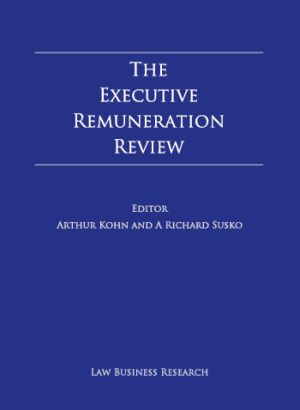
Executive remuneration encompasses a diverse range of practices and is consequently influenced by many different areas of the law, including tax, employment, securities and other aspects of corporate law. We hope that this book will be particularly useful in circumstances where a corporation is considering establishing a presence in a new jurisdiction and is seeking to understand the various rules and regulations that may govern executive employment (or the corporate governance rules relating thereto) with regard to newly hired (or transferring) executives in that jurisdiction.
The most fundamental considerations relating to executive remuneration are often tax-related. Executives will often request that compensation arrangements be structured in a manner that is most tax-efficient for them, and employers will frequently attempt to accommodate these requests. To that end, this book attempts to highlight differences in taxation owed by employees, as well as the taxes owed – or tax deductions taken – by employers.
In addition to matters relating to the taxation of executive remuneration, employment law frequently plays a critical role in governing executives’ employment relationships with their employers. The contours of these types of employment laws tend to be highly jurisdiction-specific and therefore it is particularly important that corporations have a good understanding of these issues before entering into any employment relationships with executives in any particular country.
Given the heightened focus in many jurisdictions on executive remuneration practices in recent decades – both in terms of public policy and public perception – the application of corporate governance principles to executive compensation decisions is crucial to many companies. Decisions about conforming to best practices in the field of executive remuneration may have substantial economic consequences to companies and their shareholders and executives.